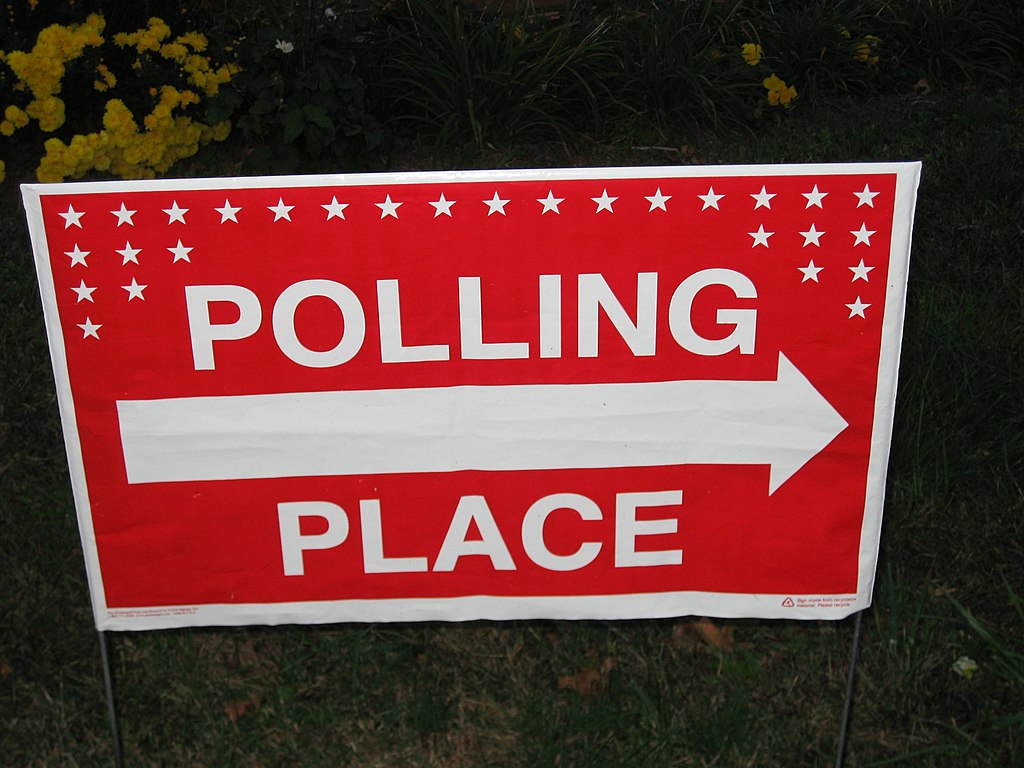Election administration in the U.S. is largely decentralized. Administrators at the state and local level are responsible for running elections, from maintaining voter registration records to counting ballots. As a result, election laws and procedures vary widely among states and localities.
Each state has an agency that manages elections. Responsibilities of the state-level office often include training local elections officials, maintaining a voter registration database, and offering guidance on the testing of voting machines. Each state also has a head elections official. In 24 states, the chief elections official is an elected Secretary of State.
At the local level, county governments are most commonly responsible for election administration, rather than city or town governments. According to one estimate, more than 10,000 local entities administrate elections in the U.S. In many municipalities, elections are managed by a clerk, recorder, or registrar, who has other duties in addition to running elections.
On the national level, the Election Assistance Commission is responsible for maintaining a national voter registration form and offers guidance on elections administration to state agencies. Meanwhile, the Federal Election Commission (FEC) is responsible for enforcing federal campaign finance laws. Established in 1975, the FEC manages public funding of presidential campaigns, oversees limits on campaign contributions, and publishes information on how campaigns raise and spend money.
Additional reading:


